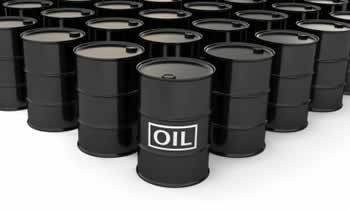
The institute argued in its latest bulletin that natural gas would be a cheaper source of energy than both oil and thermal power and that it would help to keep the costs of Kenya’s products low, enhancing their edge in the regional market.
“Natural gas would offer reprieve to local business and agricultural communities that have consistently complained of high energy costs,” the institute said.
Mott MacDonald Ltd, a UK engineering consultancy firm has since 2009 been assessing the viability of building a bulk import and storage facility for Liquefied Natural Gas (LNG) in Mombasa. If found feasible, the facility would supply natural gas to industries around Mombasa, reducing their reliance on mostly thermal power solutions.
Tapping into natural gas is part of Kenya’s plan to sustain an annual GDP growth of 10 per cent for 19 years, a momentum needed to propel the country to a middle-income country by 2030.
Such steady economic growth would fuel demand for energy, which Kenya hopes to satisfy by tapping into coal and renewable sources such as geothermal and wind.
“These sources are limited over time and natural gas is being actively considered to bridge the gap,” said Azfar Shaukat, the project director at Mott MacDonald.
The shift to natural gas would also benefit heavy industries like cement, ceramics, glass and steel which currently rely on coal and fuel oil.
The Institute says farmers would reap from lower prices for fertilizers and animal feeds.
“Natural gas and ordinary air would make cheap raw materials for a fertiliser industry in the region,” the report reads..
The institute is upbeat that Kenya can become one of the exporters of LNG after it satisfies its needs.
There would also be benefits for motorists and hauliers through the use of Compressed Natural Gas (CNG) as is the norm in India.
Mr Shaukat said the project will contribute to environmental conservation as LNG produces little atmospheric emissions and is cost efficient to transport.
